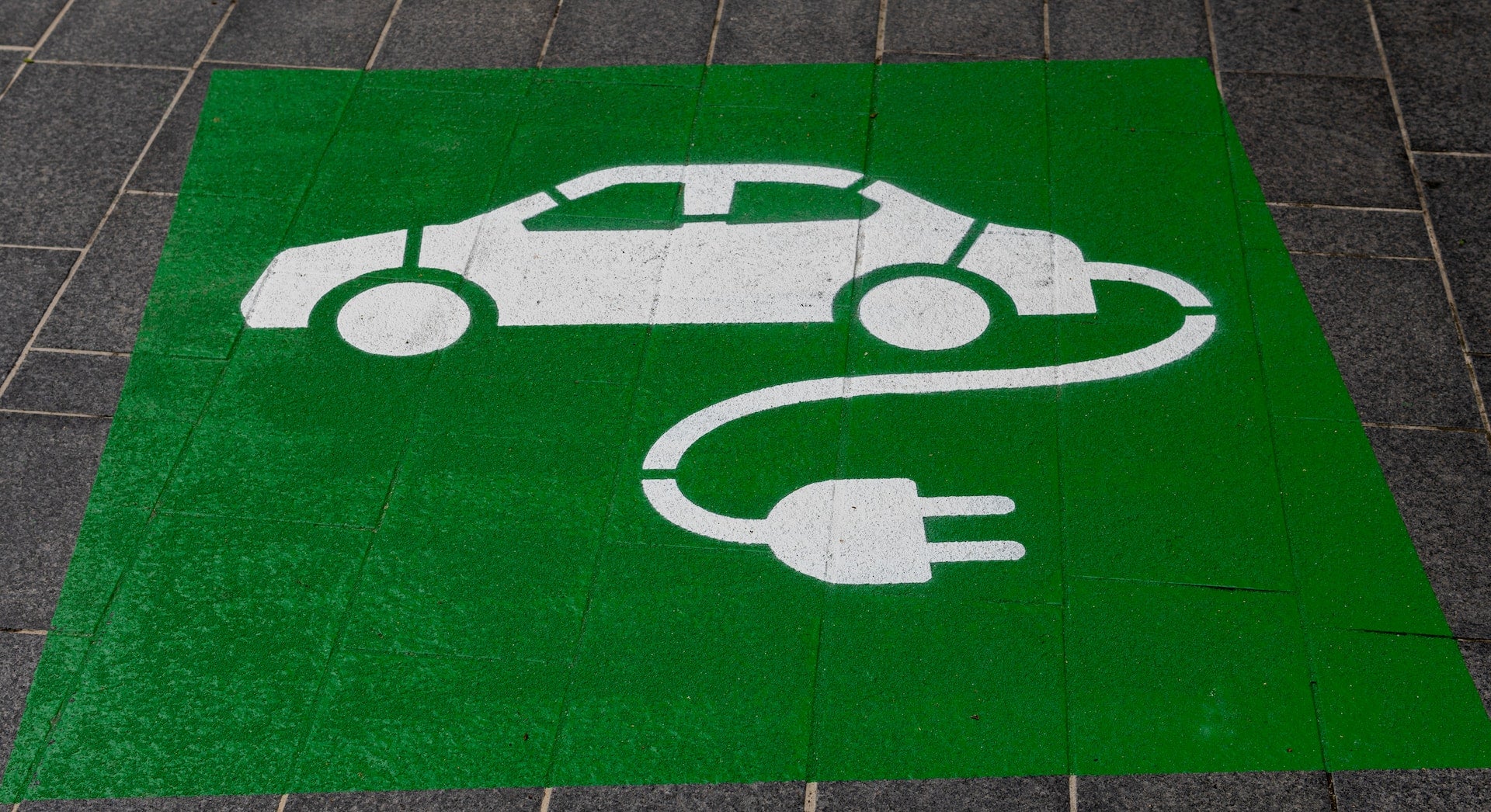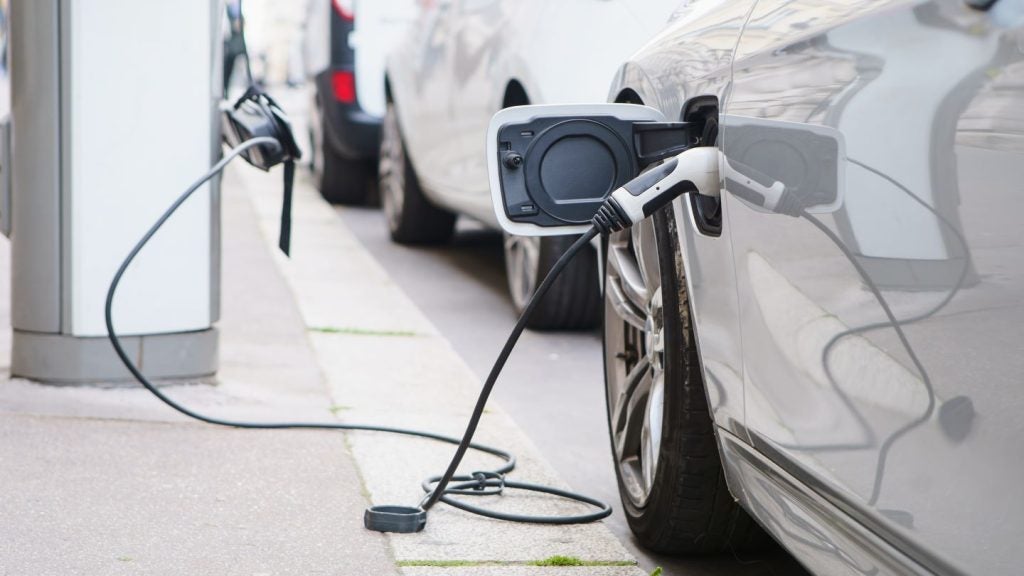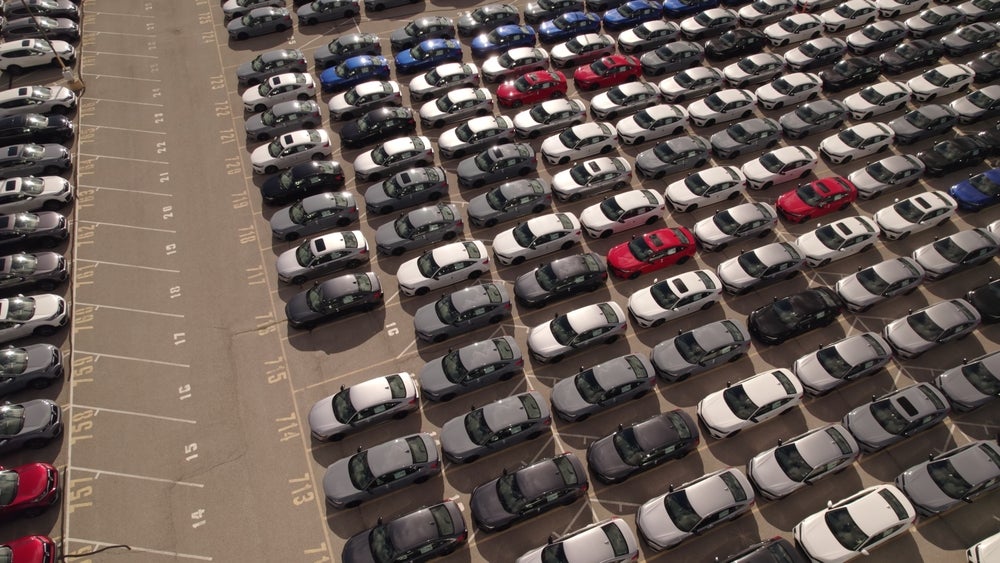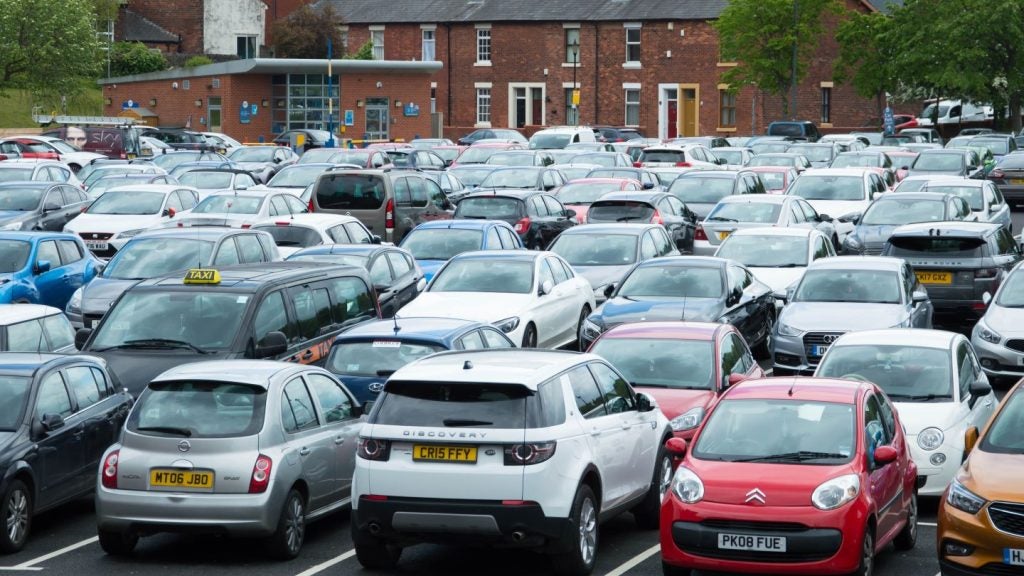
The rising popularity of EVs is creating a black hole in public finances that, if left unchecked, could see the Government lose out on £32 billion in tax. While some commentators believe only nationwide road pricing can provide the answer, a new report suggests a far simpler solution.
A report by the automotive agency loop argues that the Government could sidestep the unpopular and politically divisive issue of road pricing by introducing a simple per kWh duty on the energy used to recharge electric vehicles.
Thanks to the Electric Vehicles (Smart Charge Points) Regulations, which require all chargers installed since July 2022 to include smart functionality, the infrastructure required to implement an ‘EV duty’ is already being deployed.
“The idea of tracking individual vehicle movements continues to be unpopular, while schemes such as the London Congestion Charge and Singapore’s Electronic Road Pricing show us that any system is also likely to be frighteningly expensive,” said Alex Kefford, author of the report.
“The House of Commons Transport Committee’s report on this subject concluded that they had not seen a viable alternative to telematics-based road pricing, but by running the numbers we’ve discovered that far simpler solutions do exist.”
By analysing existing revenues, the report calculated that at 26p per kWh, electric cars, motorcycles and vans would generate the same income for HM Treasury as the current road fuel duty regime, even if the country was to achieve 100% EV adoption.

US Tariffs are shifting - will you react or anticipate?
Don’t let policy changes catch you off guard. Stay proactive with real-time data and expert analysis.
By GlobalDataThat level would also achieve price parity on a tax-per-mile basis, with both combustion engine and electric vehicles paying duty at roughly 5.6p per mile. For a typical EV travelling the national average mileage, that would add only £295 to the cost of a year’s motoring.
“The idea of an EV duty is unlikely to be welcomed by anyone driving an electric car. However, the Government has already signalled the end of the current favourable regime by announcing that EVs will have to start paying VED come 2025. Soon their attention will turn to recovering lost fuel duty revenue. That this problem should arise now, as EV adoption is at its highest, should be a surprise to no-one.”
The report also shows that the Treasury could afford to replace the complex array of Vehicle Excise Duty bands for vehicles over six years old with a simple flat rate, mirroring that for new vehicles, without jeopardising current revenue levels.
Together, VED (‘road tax’) and Road Fuel Duty currently raise £32 billion a year for the Exchequer – its lowest level in real terms for more than 30 years. VED, in particular, has become highly complex and is now dictated by when the vehicle was first registered, its engine capacity, fuel type, CO2 emissions, diesel RDE standards, and even its list price when new.
Many new cars will now pay three different rates of VED in their lifetimes – the ‘showroom tax’, a supplemental rate for five years, and a standard rate from then on.
Meanwhile, rules orphaned by years of policy changes mean a plug-in hybrid with emissions of just 21 g/km may find itself paying £570 a year while a 299 g/km-emitting V8 Ford Mustang might pay no more than £180.
Small and medium fleets struggling to meet the demand for EVs – survey







